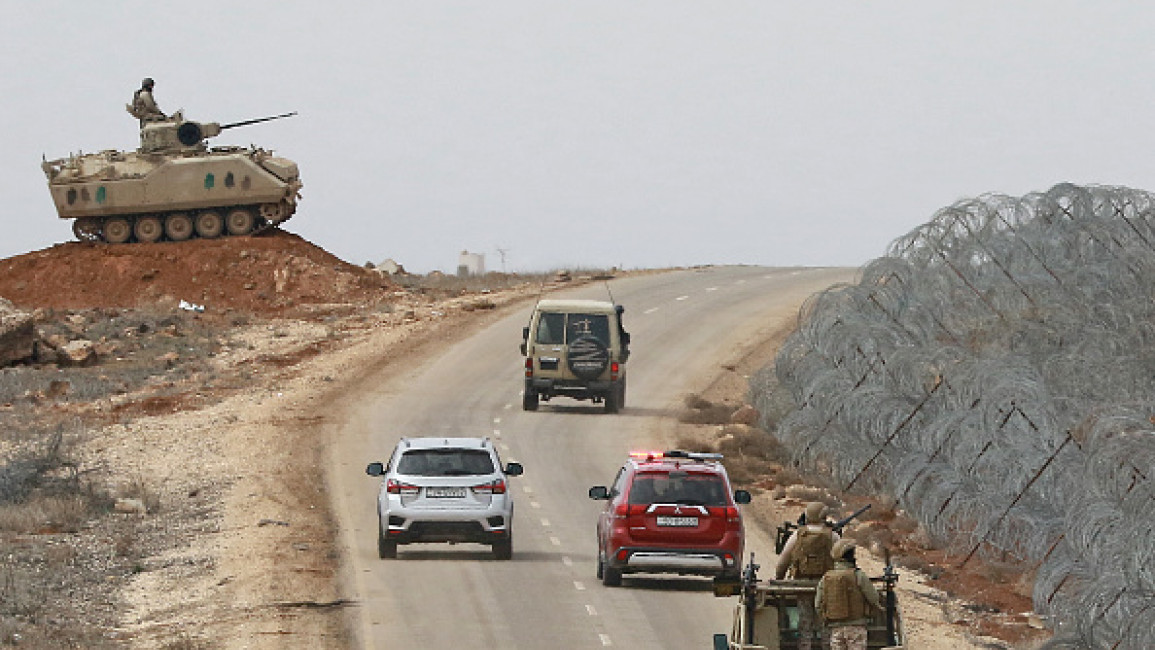Jordanian army foils Captagon smuggling operation from Syria
The Jordanian army has thwarted a major drug smuggling operation into its territory from Syria on Saturday, according to an official military source.
The General Command of the Jordanian Armed Forces said that at dawn, the northern military region foiled an attempt to smuggle large quantities of the narcotic drugs, confiscating six million Captagon pills.
According to the statement, one Jordanian soldier sustained injuries during the operation.
The vehicle which was used in the attempted drugs smuggle was reportedly loaded with other drugs other than the Captagon pills, including hashish and Larica capsules, with the addition of a number of devices and equipment used in drug smuggling operations, according to Al-Jazeera Mubasher.
The Jordanian army added that the seized drugs were taken to the relevant authorities who will further deal with the matter.
The army maintained that the Jordanian armed forces "deal with all force and firmness with any infiltration or smuggling attempt to protect the borders and prevent those who try to tamper with Jordan's national security".
In February this year, Jordan announced tighter modifications to its border crackdown regulations following a dramatic uptick in drugs smuggling and infiltration operations - particularly from neighbouring Syria and Iraq. Dozens of soldiers and drug smugglers have also been killed during operations since.
Jordan also says that 85 percent of the Captagon pills seized in the country are intended to be smuggled outside the territory, particularly to Saudi Arabia and other Gulf states, according to Arabi21.
The Captagon smuggling trade has boomed in recent years in the Middle East, especially in Syria and Lebanon, where the amphetamine-like stimulant in manufactured in its millions and traded across the region, raking in billions of dollars annually for smugglers.
The stimulant is mostly used as a party drug in Saudi Arabia, but can also be used by poorer people who work multiple jobs, as well as armed men in order to "feel invincible".


![President Pezeshkian has denounced Israel's attacks on Lebanon [Getty]](/sites/default/files/styles/image_684x385/public/2173482924.jpeg?h=a5f2f23a&itok=q3evVtko)



 Follow the Middle East's top stories in English at The New Arab on Google News
Follow the Middle East's top stories in English at The New Arab on Google News


